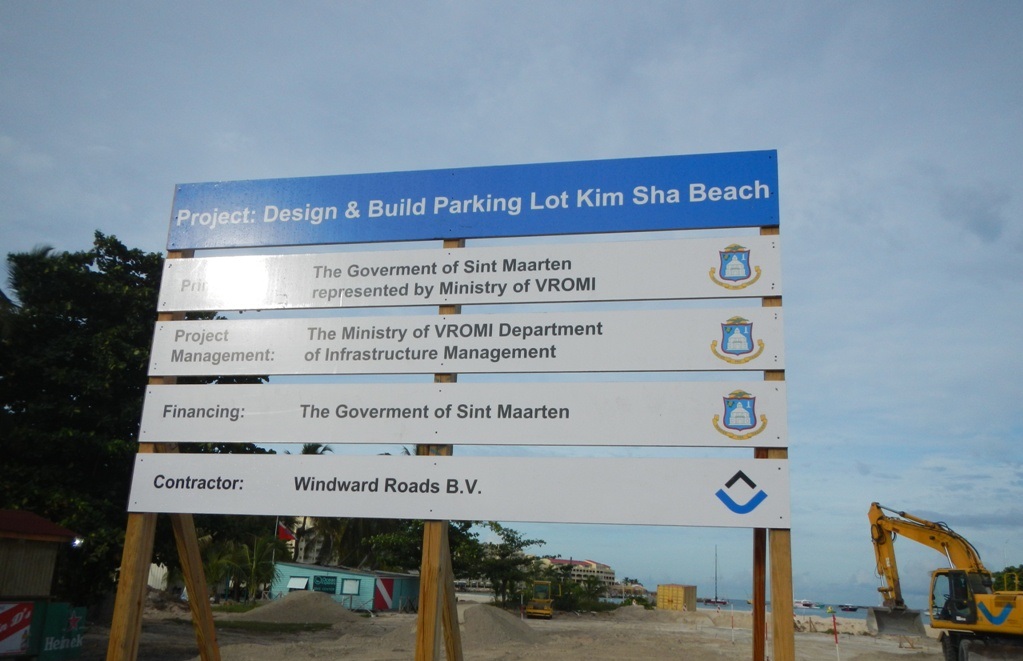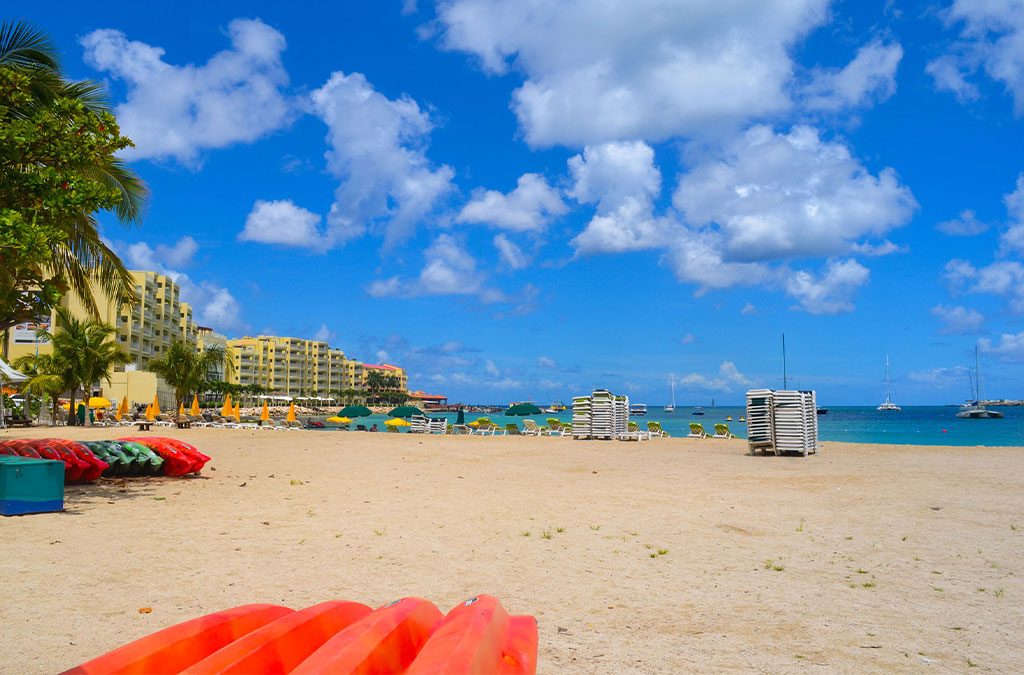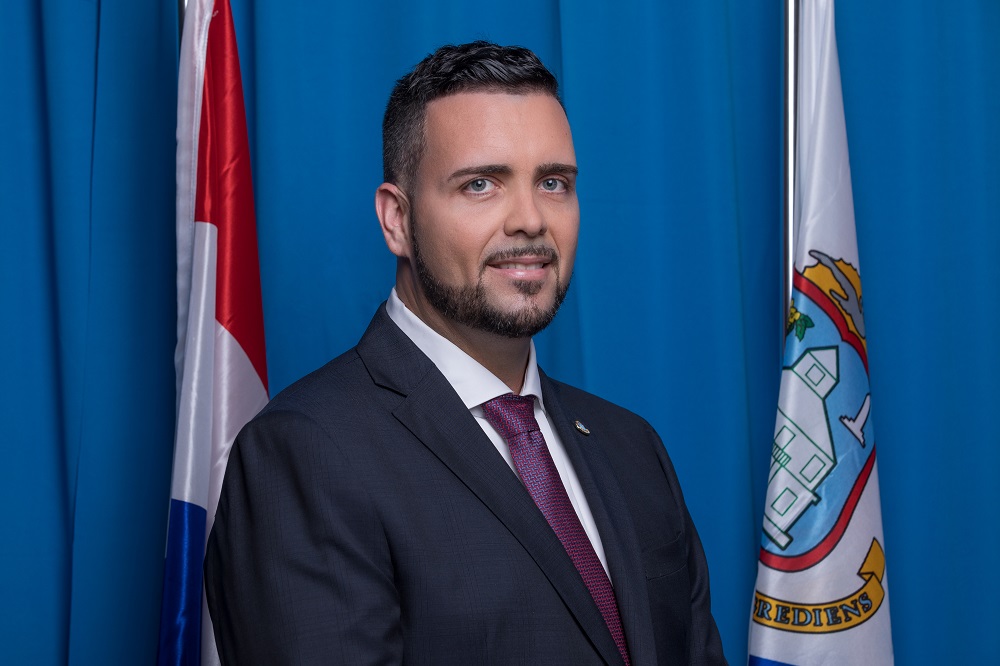Caribbean News
Sint Maarten to close Kim Sha Marketplace to make way for future construction

Caribbean News
Mottley Sworn in After Historic Clean Sweep in Barbados Election
Caribbean News
Liberty Caribbean Committed to ‘Elevating Region’ at CANTO
Caribbean News
Adam Stewart named CNW’s Businessman/Philanthropist of the Year for 2025
-

 TCI News1 week ago
TCI News1 week agoExperience Turks and Caicos and Aquila Host Product Development Workshops to Strengthen Sister Islands Tourism
-

 News1 week ago
News1 week agoThe Department of Trade, Industry & Fair Competition to Host Export Readiness Workshop Under the theme “Empowering TCI Businesses for Local Growth and Global Markets.”
-

 Bahamas News5 days ago
Bahamas News5 days agoTens of Millions Announced – Where is the Development?
-

 Bahamas News4 days ago
Bahamas News4 days agoGroundbreaking for Grand Bahama Aquatic Centre
-

 News7 days ago
News7 days agoStrong December Performance Signals Continued Demand for the Turks and Caicos Islands
-

 Caribbean News1 week ago
Caribbean News1 week agoMottley Sworn in After Historic Clean Sweep in Barbados Election
-

 Health4 days ago
Health4 days agoWhat to Look for with Self-Checks at Home
-

 News1 week ago
News1 week agoMulti-Agency Planning Enforcement Operation Conducted at multiple locations in Providenciales

























